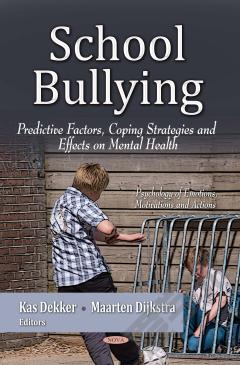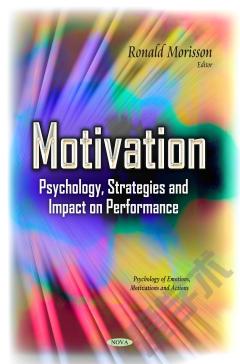School Bullying: Predictive Factors, Coping Strategies and Effects on Mental Health
Bullying is a multifaceted phenomenon and is connected to a variety of individual, relational, familial, schooling, and cultural variables. In this book, the authors present current research in the study of the predictive factors, coping strategies, and effects on mental health of school bullying. Topics discussed include the parental views of children's bullying experiences, coping strategies, and their association with parenting practices; personal and environmental predictors of school bullying and its emotional consequences; coping strategies of secondary school students experiencing bullying; bullying/victimization in preschool children; discordances in adolescents' adoption of perspectives on bullying and their importance for dealing with the problem; school bullying and health problems; the modifying factors, impact on psychosocial well-being and intervention strategies of bullying in childhood and adolescence; why do bullies bully?; the role of father involvement in children's bullying behavior; and the implementation of a statewide bullying prevention program and its impact on schools and communities.
{{comment.content}}








 京公网安备 11010802027623号
京公网安备 11010802027623号